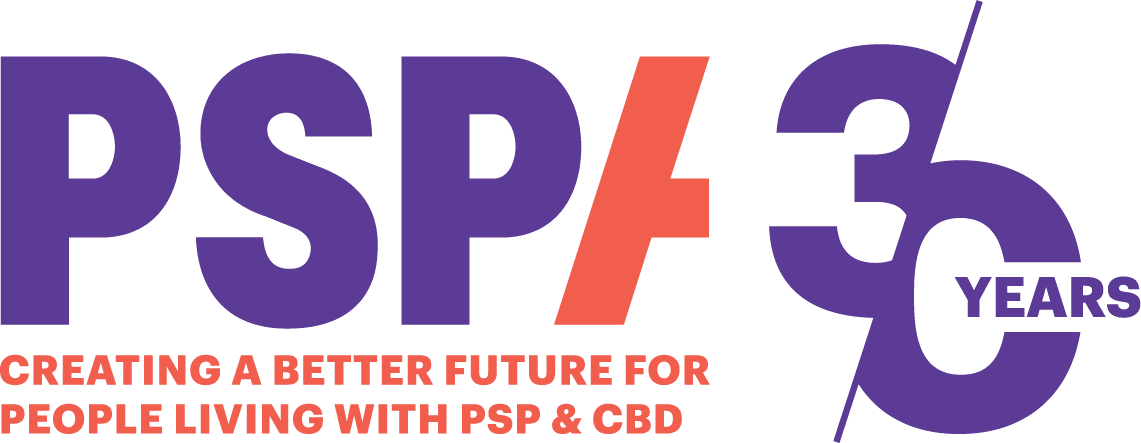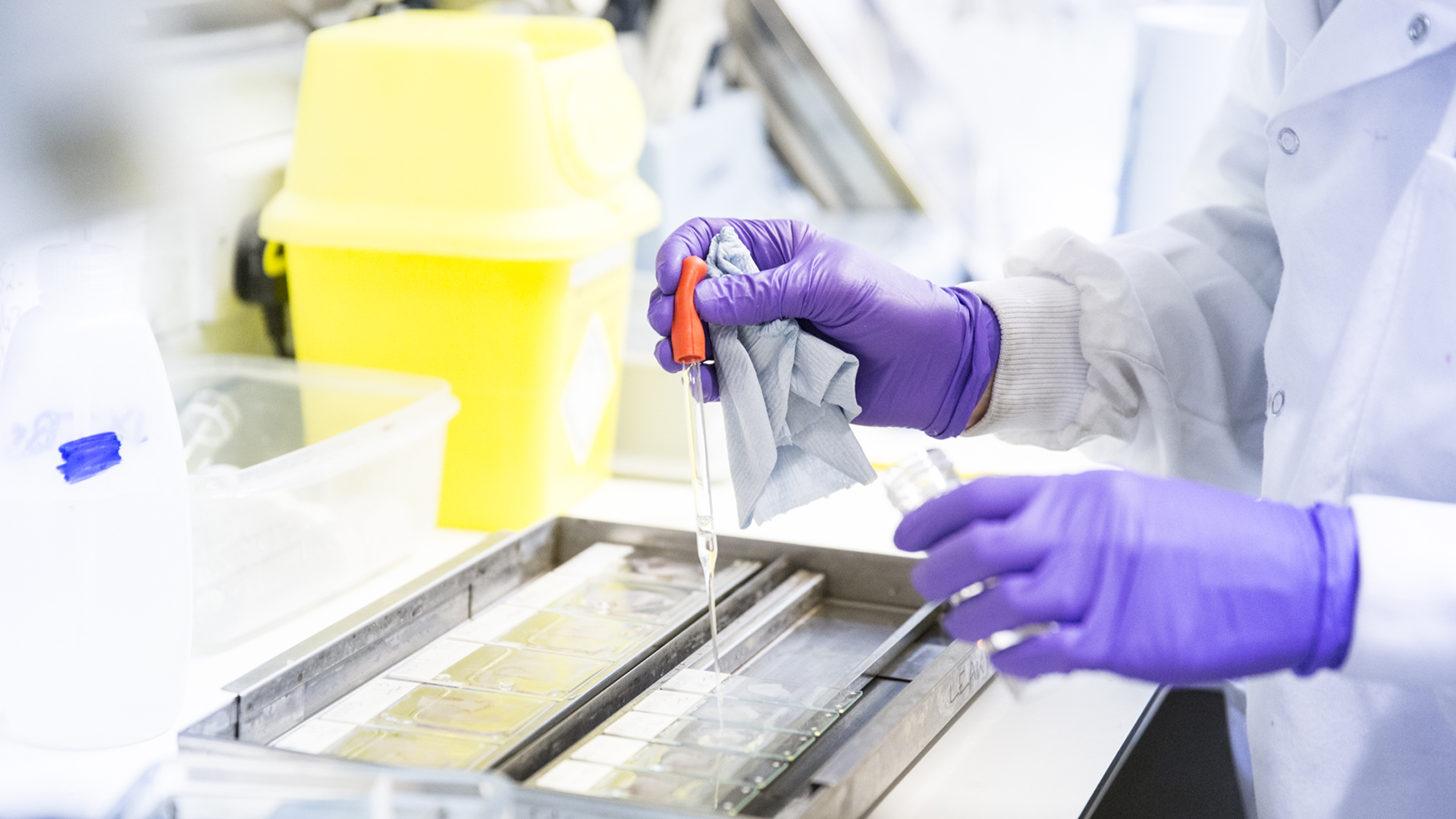At the end of last week pharmaceutical company Biogen announced they would be discontinuing their PASSPORT study, developing a drug treatment for PSP.
During the 12-month study involving 490 participants, it was found that the drug gosuranemab, an intravenously infused antibody, failed to slow down the symptoms of PSP.
PSPA would like to thank participants for taking part in the study and reassure them that, although it is disappointing that the study has ended, extremely useful data has been collected during the research which will help the fight against PSP & CBD in the future.
PSPA CEO Andrew Symons said:
“Naturally, it is very disappointing that Biogen’s PASSPORT study has been discontinued. The 490 participants from across 13 countries committed themselves to the study wholeheartedly to helping to find a treatment for PSP. Although the study found gosuranemab was not an effective treatment, the vast amount of data collected over the past 52 weeks will help guide research as our fight against PSP & CBD continues.”
Biogen’s announcement is as follows:
Biogen is disappointed to discontinue development of gosuranemab in PSP. The study results did not show any significant difference between people taking the investigational drug versus those taking the placebo as measured by the PSP Rating Scale (PSPRS), the primary measurement of the study. PSPRS measures the disability and severity of PSP. The decision to discontinue development of gosuranemab in PSP was not based on safety concerns. Safety results of the PASSPORT study were generally consistent with previous studies of gosuranemab.
PASSPORT, a Phase 2 clinical study, enrolled 490 people with PSP across 13 countries. The study was 52-weeks long and aimed to learn about the safety and efficacy (if it works) of gosuranemab in people with PSP. It was a “double-blind” study which means that neither the participants nor their doctors knew whether the participants were on treatment or the placebo. The placebo looked like gosuranemab but had no active drug.
Biogen appreciates all those who participated in the study, their families and physicians. Detailed results of the PASSPORT study will be made available at a future scientific forum.
Any person with PSP or the caregiver of a person with PSP that has questions or concerns about the study should contact their healthcare professional.





